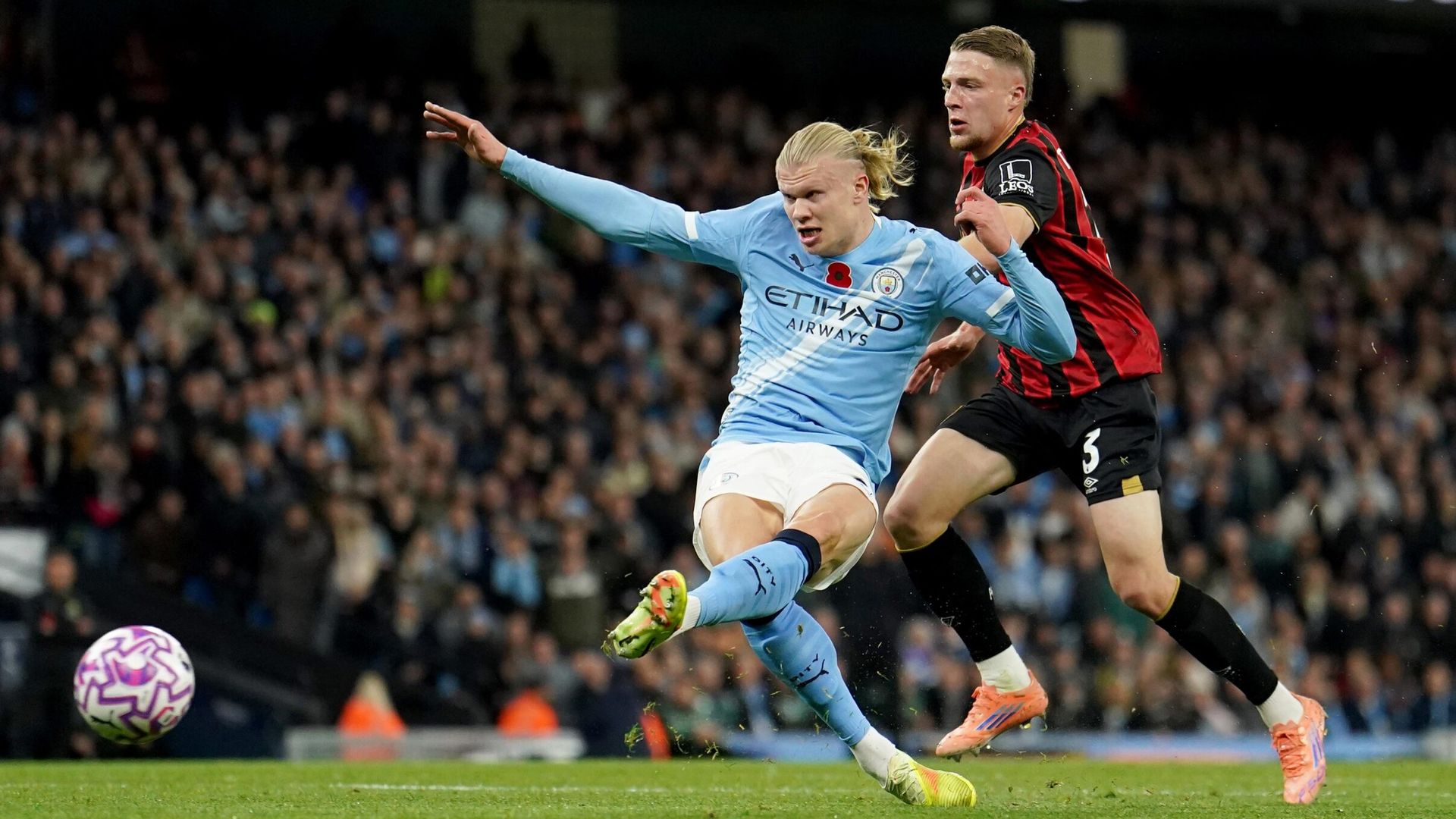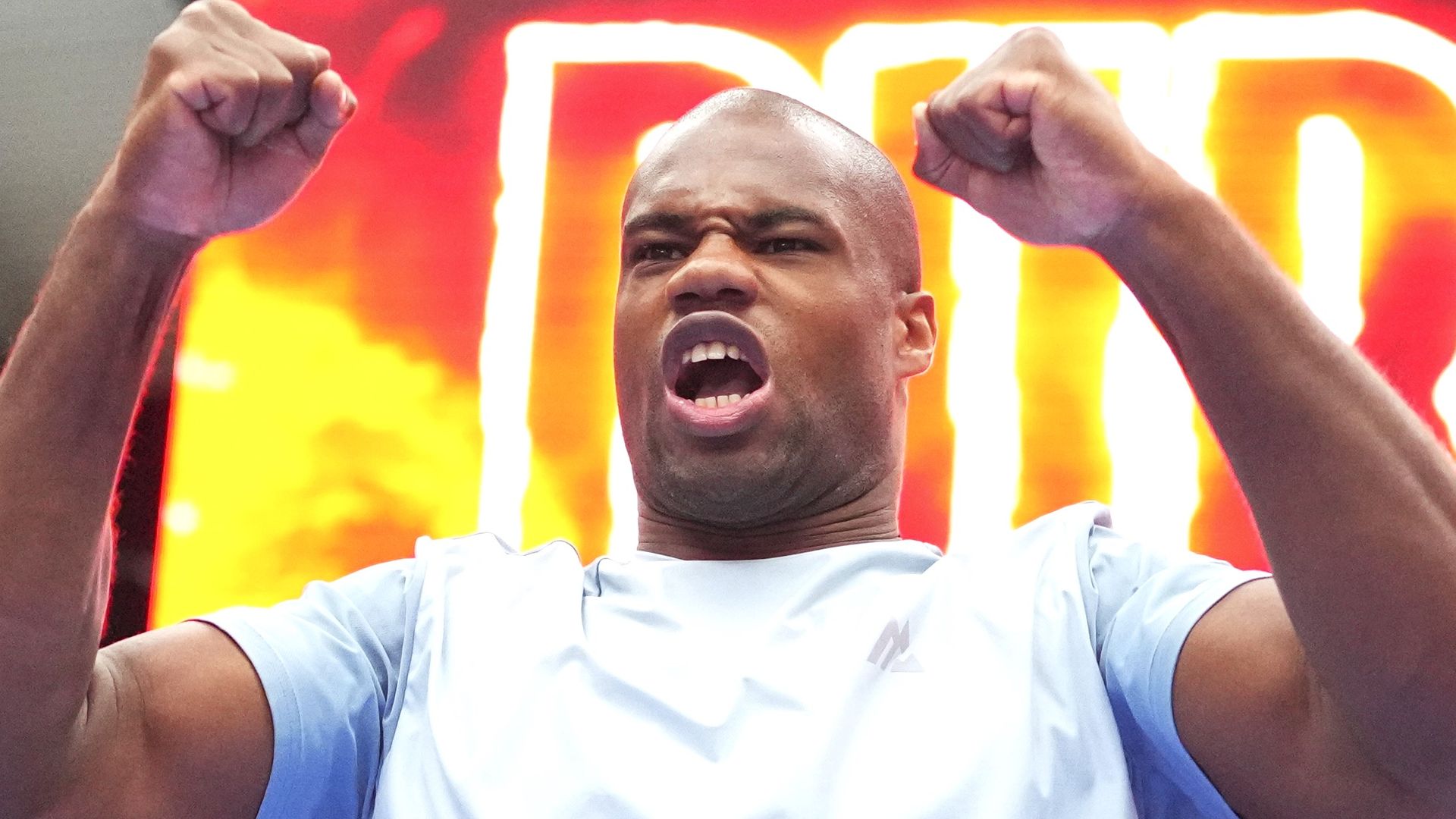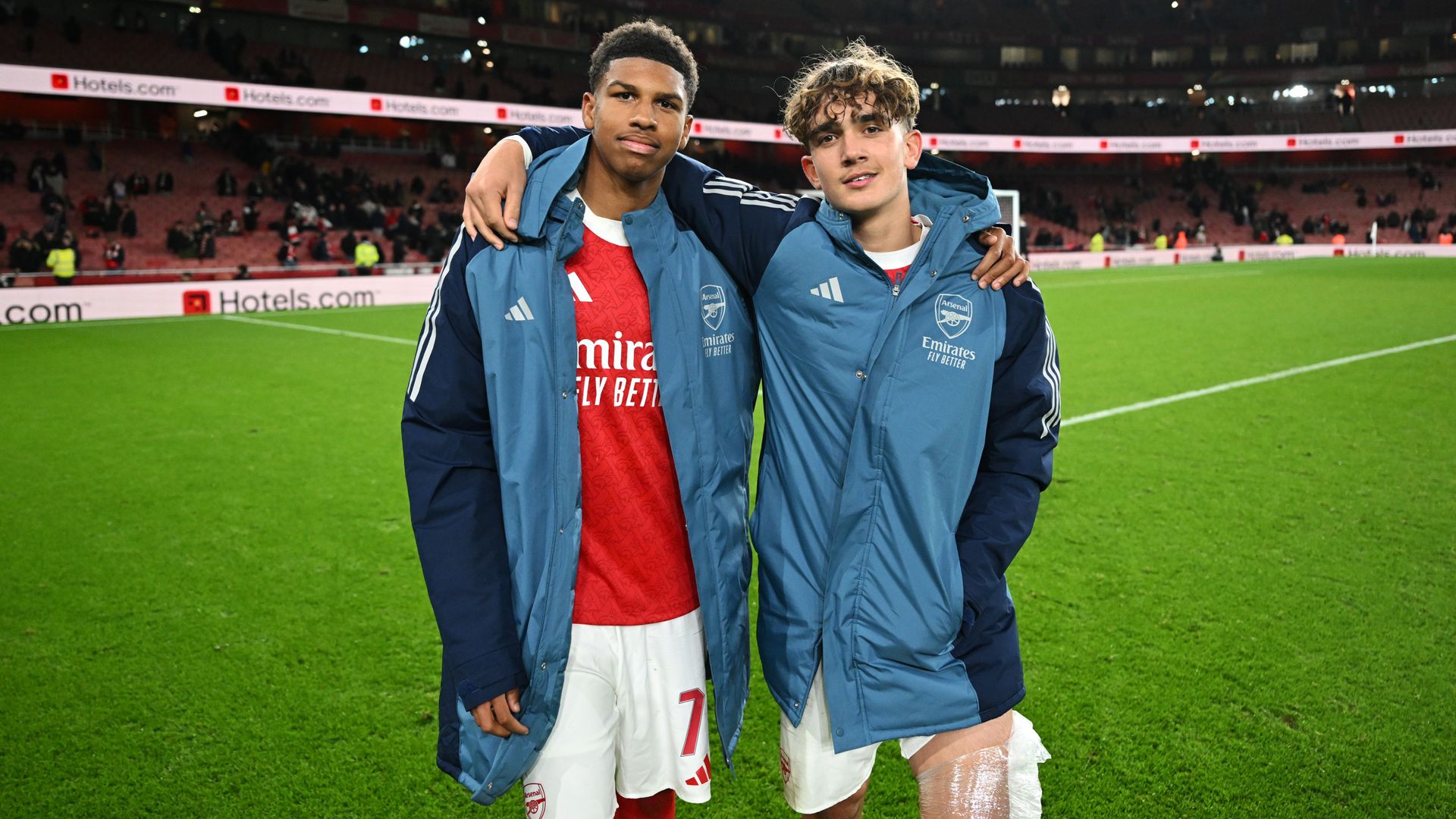Man City’s Haaland Dependency: A Modern-Day David vs. Goliath Struggle for Football Supremacy
In the world of football, few narratives spark as much debate as the reliance of elite clubs on singular talents. Manchester City, a titan of the Premier League, has found itself in a precarious position with the emergence of Erling Haaland, a striker whose prolific scoring has redefined expectations. The question of dependency on a single player has never been more pertinent, as the club’s fortunes increasingly hinge on the Norwegian’s ability to perform at the highest level. The parallels between this situation and historical struggles for power and dominance are striking, evoking comparisons to classic tales of David versus Goliath, where the balance of strength and strategy plays a crucial role.
Haaland’s arrival at Manchester City was nothing short of a seismic shift in the Premier League landscape. His physical attributes, technical proficiency, and innate goal-scoring instinct have made him an invaluable asset to the team. The numbers speak volumes: he has consistently found the back of the net with an efficiency that few can rival. In his debut season, he shattered records, not just for City but for the league itself, turning matches into showcases of his talent. However, this meteoric rise raises critical questions about the sustainability of City’s success if they become overly reliant on one player.
Historically, football clubs that have pinned their hopes on individual brilliance often face challenges when that player is unavailable due to injury or suspension. For instance, clubs like Barcelona during the Lionel Messi era or Real Madrid with Cristiano Ronaldo enjoyed tremendous success, yet their dependency on these superstars often left them vulnerable if they were off form or missed games. Manchester City, with its wealth and resources, has built a squad filled with talent, yet the focus on Haaland can be seen as a double-edged sword.
The tactical implications of relying heavily on Haaland cannot be ignored. City’s style of play under Pep Guardiola is characterized by fluidity, possession, and intricate passing. However, when the game plan revolves around funneling opportunities to a single striker, it risks becoming predictable. Opponents can devise strategies specifically to nullify Haaland’s impact, effectively neutralizing City’s offensive threat. This has been evident in several high-stakes matches where teams have successfully contained the Norwegian, leading to disappointing results for City.
Moreover, the psychological aspect of dependency on a star player can weigh heavily on the entire squad. Teammates may feel the pressure to deliver the perfect pass or create the ideal opportunity for Haaland, which can lead to a decrease in overall performance. The dynamics of teamwork may shift, as players might instinctively look to Haaland instead of executing their roles within the system. This could hinder the development of a more cohesive unit that can thrive regardless of individual performances.
Furthermore, the financial implications of such dependency are significant. Manchester City, known for its lavish spending, has invested heavily in building a squad that can compete on multiple fronts. However, the looming question remains: what happens if Haaland were to leave or suffer a long-term injury? The club’s financial strategy is heavily intertwined with its on-field success, and a reliance on one player can jeopardize future investments and the overall club’s financial health.
The media narrative surrounding Haaland has also contributed to this phenomenon. Every goal he scores is met with fervent analysis, and his performances are scrutinized with a magnifying glass. This creates an environment where his contributions are magnified, making it easy to overlook the collective effort of the team. The pressure to maintain this level of performance can be overwhelming, both for Haaland and his teammates.
In the broader context of football, the reliance on star players is not unique to Manchester City. Many clubs across Europe find themselves in similar situations, where the fortunes of the team hinge on the brilliance of a few individuals. This creates a competitive imbalance, where clubs with multiple superstars can dominate the landscape, while those reliant on one or two players struggle to maintain consistency.
As the season progresses, Manchester City must navigate the complexities of their dependency on Haaland. The balance between leveraging his extraordinary talent and ensuring a well-rounded team effort will be crucial for their aspirations. The scrutiny they face will only intensify, as fans, pundits, and rivals alike will be watching closely to see if they can maintain their status as a footballing powerhouse or if they will falter under the weight of expectation.
Haaland’s presence has undoubtedly elevated Manchester City, but the path forward requires careful management. The club must strive to foster a culture where multiple players can step up and share the burden of expectations, ensuring that they are not merely a one-man show. The challenges they face echo throughout the history of football, where the balance of power can shift dramatically based on the fortunes of a single player. In this modern era of football, the stakes have never been higher, and the reliance on Haaland may prove to be both a blessing and a curse for Manchester City.




